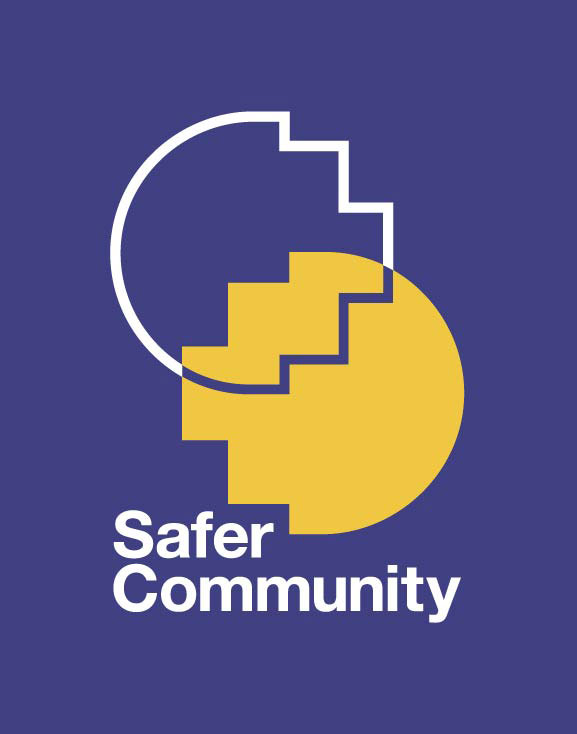
Children and young people are an important part of our RMIT community – as enrolled students, in our onsite childcare, as visitors on campus and as participants in research.
The protection of children is a shared responsibility between all RMIT employees, students, contractors, volunteers, associates, and extended members of the RMIT community. RMIT recognises this responsibility and is committed to protecting all children and young people from harm or maltreatment and supporting them to access all opportunities available to them to develop, progress and live life free of trauma and abuse.
RMIT does not tolerate any form of child abuse, maltreatment, or neglect. We recognise that every child has the right to feel safe, live in a safe environment and be protected from neglect or abuse.
RMIT is committed to:
| In case of immediate danger call the Police on 000, and contact Campus Security |
RMIT is committed to the implementation of the Child Safe Standards introduced by the Victorian Government. Our Child Safety Framework sets out the requirements that all members of our University community must follow to provide an environment worthy of the children in our lives.
To support this, the University has:
Everybody in the RMIT community shares responsibility for creating and protecting a safe environment. All students, staff and associates of RMIT University must follow the Child Safe Reporting Procedure (or in Vietnam, the Child Safe Reporting Procedure for Vietnam).
The Child Safe Reporting Instruction will help you to better understand how to identify and respond to concerns for the safety of a child/young person at RMIT. Trigger warning - this instruction includes explicit descriptions of abuse and may be distressing to read.
You should report any child safety concern, including:
Senior Advisor, Child Safe via Safer Community:
Safer Community checks emails, phone messages and submitted support request forms daily from Monday to Friday.
Please note that we are not an emergency service. If you or others feel at risk or consider the situation to be an emergency, phone 000. If you are on campus, contact Campus Security.

| In case of immediate danger call the Police on 000, and contact Campus Security |
RMIT is committed to ensuring that children/young people are empowered about their rights and participate in decisions affecting them, and to ensuring that families and communities are informed and involved in promoting child safety and wellbeing.
We encourage you to provide your feedback around child safety at RMIT.
Use the Child Safety at RMIT Feedback Form to tell us what you think.


RMIT University acknowledges the people of the Woi wurrung and Boon wurrung language groups of the eastern Kulin Nation on whose unceded lands we conduct the business of the University. RMIT University respectfully acknowledges their Ancestors and Elders, past and present. RMIT also acknowledges the Traditional Custodians and their Ancestors of the lands and waters across Australia where we conduct our business - Artwork 'Sentient' by Hollie Johnson, Gunaikurnai and Monero Ngarigo.
Learn more about our commitment to Indigenous cultures